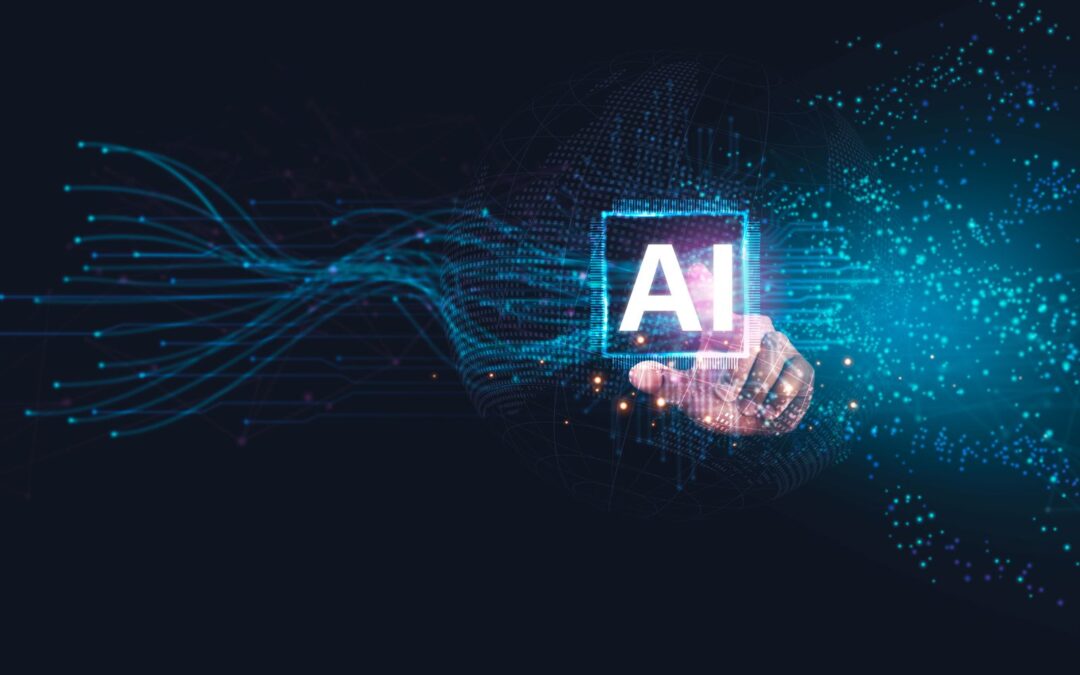Technology in Skin Cancer Detection: How AI and Apps Are Changing the Game
Skin cancer is one of the most common cancers worldwide, but early detection can significantly improve survival rates. Traditionally, dermatologists have relied on visual examinations and biopsies to diagnose suspicious skin lesions. However, advancements in technology—particularly artificial intelligence (AI) and mobile applications—are revolutionizing skin cancer detection, making it more accessible and efficient.
In this article, we’ll explore how AI-powered tools and mobile apps are changing the way skin cancer is detected, the benefits and limitations of these innovations, and what the future holds for tech-driven dermatology.
The Role of AI in Skin Cancer Detection
AI has made significant strides in medical diagnostics, particularly in dermatology. By leveraging machine learning and deep learning algorithms, AI systems can analyze images of skin lesions with remarkable accuracy.
How AI Works in Skin Cancer Detection
- Image Analysis: AI algorithms are trained using large datasets containing images of benign and malignant skin lesions. The system learns to differentiate between normal moles and cancerous growths.
- Pattern Recognition: AI can detect subtle patterns that may not be visible to the human eye, improving the accuracy of early diagnosis.
- Decision Support: AI tools assist dermatologists by flagging suspicious lesions and suggesting whether further examination or biopsy is necessary.
A study published in Nature found that AI systems can match or even surpass dermatologists in detecting melanoma. In some cases, AI-powered tools achieved an accuracy rate of over 90%, making them a powerful complement to human expertise.
Skin Cancer Detection Apps: Bringing AI to Your Smartphone
With the rise of smartphone technology, AI-driven skin cancer detection is now more accessible than ever. Several mobile apps allow users to scan their skin for potential issues, helping bridge the gap between professional dermatological care and early self-examination.
Popular AI-Powered Skin Cancer Detection Apps
- SkinVision – Uses AI to analyze moles and skin spots, providing a risk assessment within minutes. It also offers recommendations on whether a doctor’s visit is necessary.
- MoleScope – Works alongside dermatologists by allowing users to capture high-quality images of their moles for remote examination.
- DermaCheck AI – Employs deep learning to evaluate skin lesions and guide users on next steps.
Benefits of Skin Cancer Detection Apps
- Accessibility: Users can perform skin checks at home, reducing the need for frequent in-person visits.
- Early Detection: Catching skin cancer early increases treatment success rates.
- Convenience: Apps provide instant results, allowing users to monitor changes over time.
- Education: Many apps offer insights about skin cancer risk factors and prevention tips.
However, it’s crucial to note that these apps are not a replacement for professional medical diagnosis. They serve as preliminary screening tools, encouraging users to seek expert advice when needed.
The Advantages of AI and Apps in Dermatology
AI-driven skin cancer detection has the potential to transform healthcare by making screenings more efficient and widely available. Some key benefits include:
- Improved Accuracy – AI can detect skin cancer at earlier stages with high precision, reducing misdiagnoses.
- Faster Diagnosis – AI algorithms can analyze skin images within seconds, accelerating the diagnostic process.
- Enhanced Access to Care – Patients in remote areas can benefit from AI-driven apps, reducing disparities in dermatological care.
- Lower Healthcare Costs – Early detection reduces the need for costly treatments associated with late-stage skin cancer.
Limitations and Challenges
While AI and skin cancer detection apps offer promising advantages, there are still limitations:
- False Positives and Negatives – AI tools are not 100% accurate, and errors could lead to unnecessary anxiety or missed diagnoses.
- Lack of Standardization – Different apps use different algorithms, leading to inconsistencies in accuracy.
- Regulatory Approval – Many AI-based tools are still awaiting approval from medical regulatory bodies.
- Human Expertise Is Still Essential – AI should complement, not replace, dermatologists. A trained eye is still necessary for comprehensive diagnosis and treatment planning.
The Future of AI in Skin Cancer Detection
AI and mobile apps are set to play an even bigger role in skin cancer detection in the coming years. Future advancements may include:
- AI-Integrated Smart Wearables – Devices like smartwatches could monitor skin changes over time.
- Blockchain for Medical Data Security – Ensuring patient data privacy while using AI-powered apps.
- Personalized AI Models – Tailored AI analysis based on a user’s skin type, medical history, and genetic risk factors.
- Telemedicine Integration – AI-powered apps may work directly with dermatologists to provide instant consultations.
Conclusion
AI and mobile apps are transforming skin cancer detection, making early screening more accessible and efficient. While these technologies provide valuable tools for self-monitoring, they should not replace professional medical evaluations. As AI continues to evolve, its role in dermatology will expand, improving early detection and ultimately saving lives.
For now, the best approach is to use AI-based skin cancer detection as a supplement to regular dermatological check-ups and proactive skin care practices.

